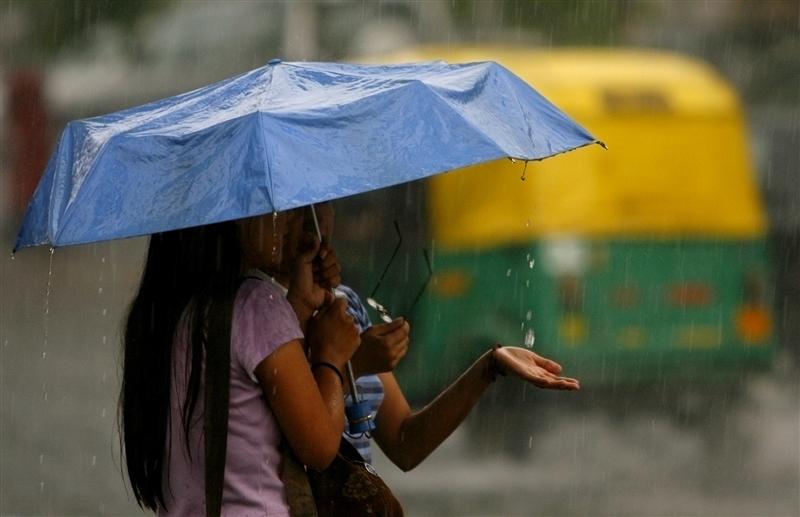I was running late for morning classes the other day and decided to catch a rickshaw to save time. I took my seat in the rickshaw in front of a girl clad in a navy-blue headscarf and a man who sat beside her, who appeared to be in his fifties. Paying little attention, I gave them an unmindful, polite smile as I took my seat. Just a few seconds after the rickshaw started, I noticed the man was talking under his breath. At first I assumed he was mumbling to himself, until it dawned on me that his mumbles were directed at me. I couldn’t make out his words until I finally caught these ones: “Muslim.” “Dupatta.” “Western.” “Hijab.”
He tried to tell me, an absolute stranger to him, that it was fine for me to wear western clothes as long as I wore a headscarf too. He told me that since I was a Muslim, it was my duty as a woman to observe hijab. I could have been Hindu for all he knew but this didn’t seem to matter to him. His intrusion was unwelcome to say the least, and felt like an imposition of his beliefs on me.
Not covering my head is my choice and I’ve never been questioned about it in my 19 years of life. Had this man asked me a question, I would have explained my stance to him happily. Instead he hurled his opinion at me, assuming that his age gave him the superiority and privilege to do so, no questions asked.
His behaviour threw me off, and I found myself suppressing my bitterness as I tried to stick to the ideals I was brought up with. I came to a few important realisation that day. The first was that my university had given me a safe haven, one where I meet an array of people every day, where I can practice my beliefs without having to defend or explain myself. I can only have these things because my university encourages diversity and tolerance.
Back in the auto, the girl in the hijab signalled to me to lighten up as the man left the auto. I don’t know what I did to get her attention, but she opened her mouth to speak and from her mouth fell flowers, rhododendrons, irises, daisies, sunflowers and bougainvillaea climbers. Her words twisted and turned around me, clinging on like climbers and creepers. She spoke beautifully, in perfect sentences that did not contain a single ill-formed word. As she uttered words of conciliation, I said nothing.
I said nothing but I didn’t ask her to stop. I hoped she wouldn’t stop. I said nothing and she kept talking. Her words were a balm to my rattled self, soothing the wounds I sustained in the previous encounter. She apologised before she got off at her stop, probably embarrassed at the man’s portrayal of her community.
I’ll probably never see the woman again, but her words continue to stay with me. She told me to be confident and sanguine about my choices, since I was the one who’d made them. After listening to her, I didn’t feel ashamed, guilty or embarrassed anymore. I just felt sorry for the man who had decided to represent my beautiful people in an intolerant light. I confided my silent agony in her that day and she offered me solace.
This interaction restored my faith, maybe not in my religion, but in humanity. She was a stranger and yet we shared an understanding, one that grew from being women, from sharing the same history, from facing the same constraints and confusions, from participating in the same struggles and making the same sacrifices.
It was the only time ever that I had felt a sense of community, a sense of belonging, a sense of home. For the first time I felt that I could belong to a community, and that was the day I knew that being a woman was the only concrete aspect of my identity. A day that could have been about one stranger’s unkindness was turned around by another stranger’s kindness, who left me with much more than a momentary conciliation,
Maria Uzma Ansari is a student at Jamia Millia Islamia.
Featured image credit: Reuters

